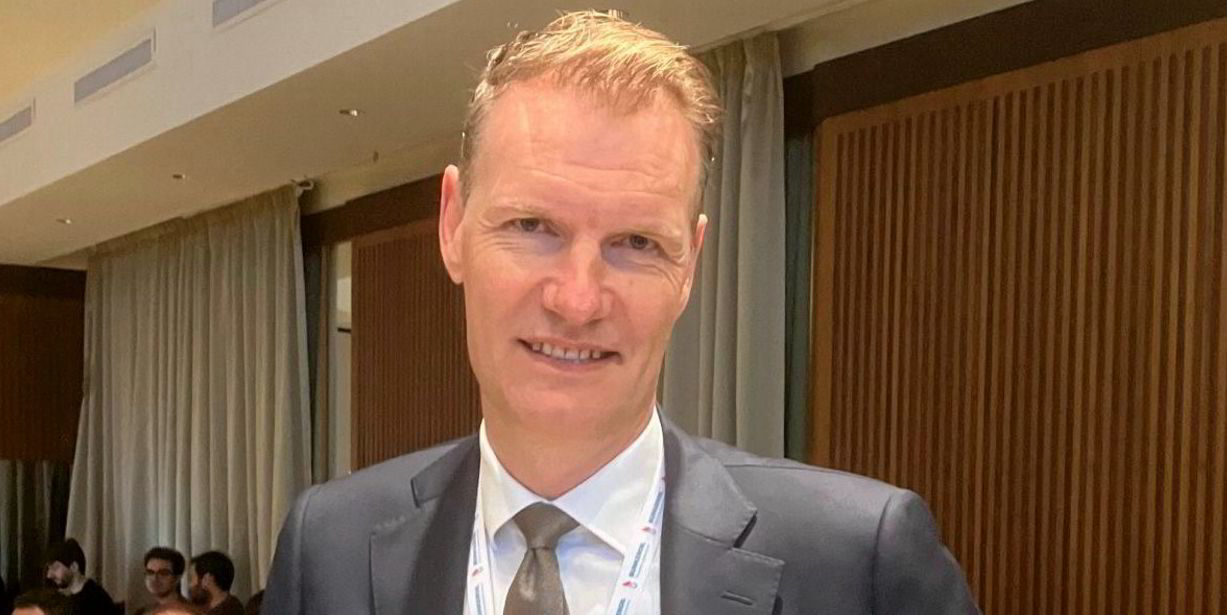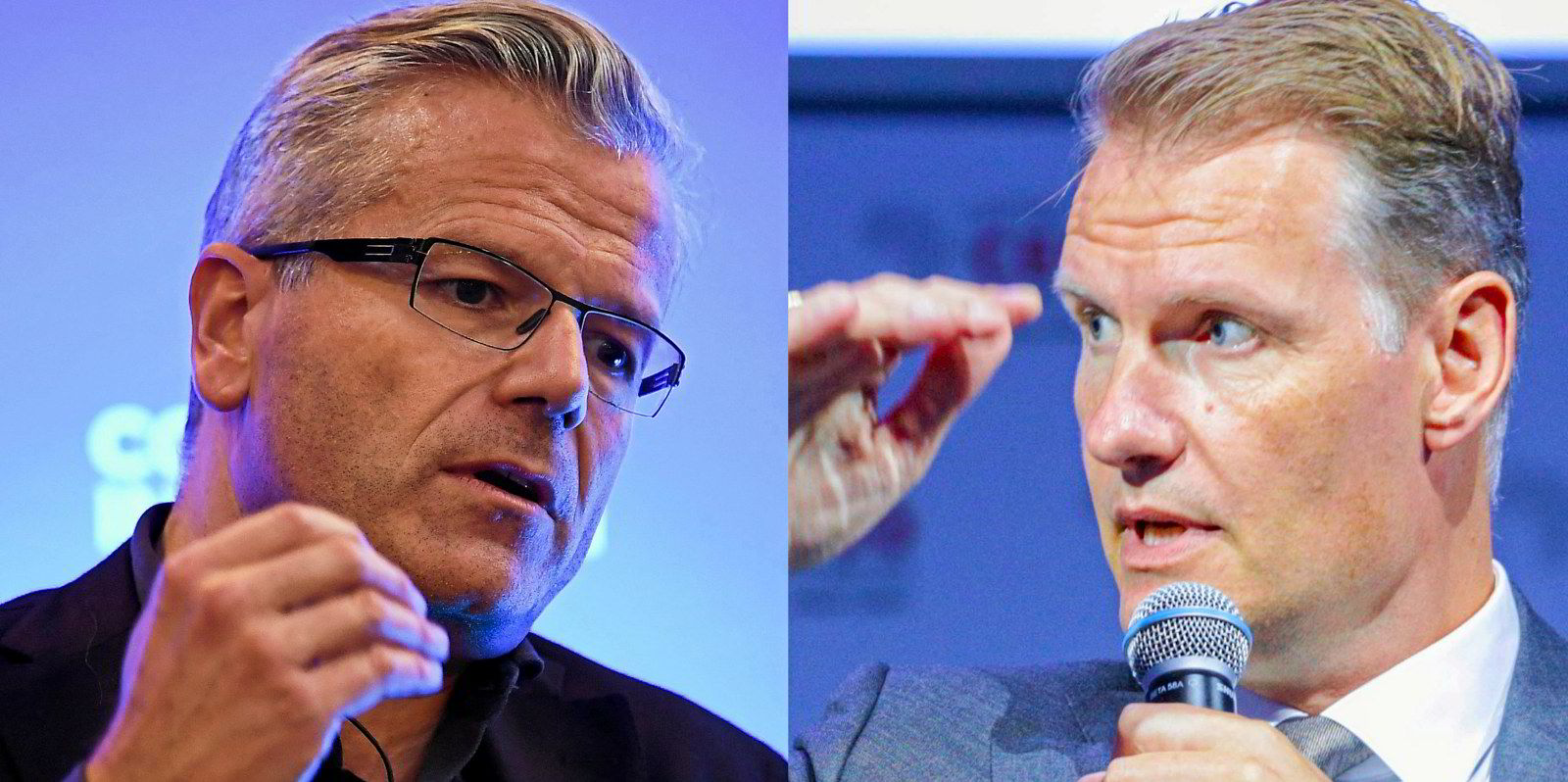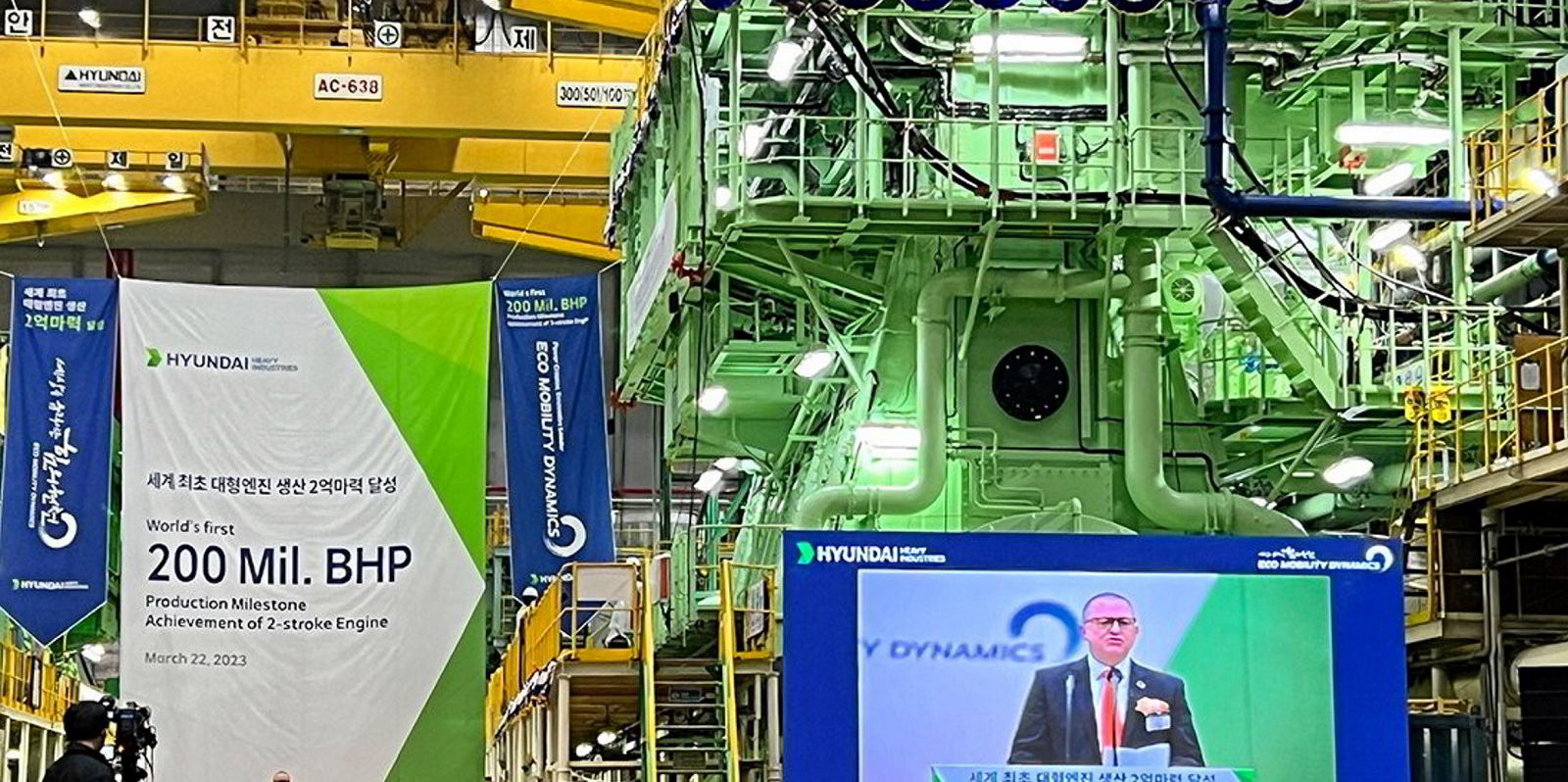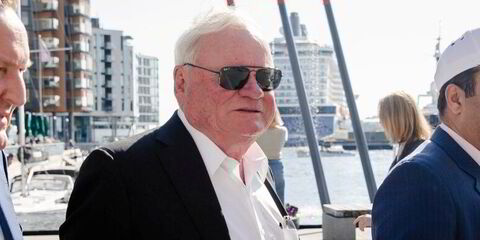MSC Mediterranean Shipping Company will rely on a mix of zero-carbon fuels to lower emissions, adopting different solutions for newbuildings and existing ships, says chief executive Soren Toft.
The main problem in the push for decarbonisation is the limited supply of alternative fuels, Toft told a meeting of the International Bunker Industry Association in Genoa, Italy.
There is, for example, enough green methanol today for only five 15,000-teu container ships.
Raising that to the required level of tens of millions of tonnes would involve many years.
Explaining how the world’s largest liner operator is pursuing several avenues to tackle decarbonisation, amid concern over sufficient supply of green fuels, he said green methanol is currently deemed the least complicated fuel with which to retrofit vessels.
Ammonia would be considered if the toxicity question can be solved, while LNG has proved to be “an immediate and very effective transition fuel”.
“I think for a company like us, we will most likely end up with a variety of these,” he said. “I don’t think we will bet only on one.
“We have 740 ships in our fleet. The right decision is not to go and scrap all these ships and build new ones in China. That would also damage the climate a lot.
“So, we need to look at what’s the right technology for [newbuilding] ships, but also what’s the right technology for all the ships that we have.
“And there I think there are probably different solutions, because retrofit costs, whether it’s LNG, methanol or ammonia, come at different price tags.
“We’re looking at all of these things and I’m sure within two to three years we will have two or three green fuel types in our own mix.”
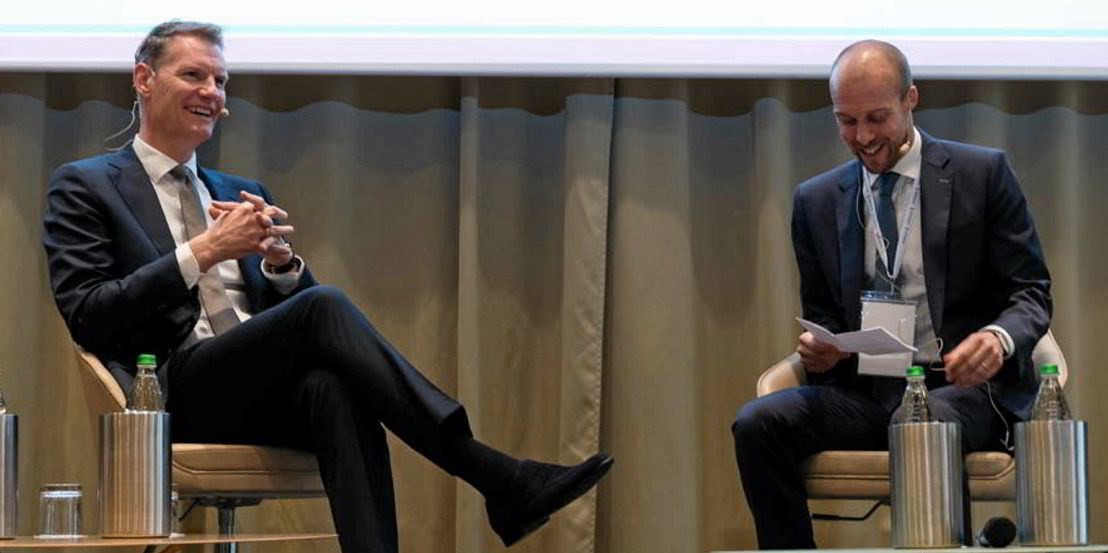
MSC has adopted LNG on some ships “because, from an availability point of view, there’s a lot of LNG”, according to Toft. There is also the potential to mix LNG with biomethane to reduce emissions.
Biofuels have been offered to MSC clients, “but biofuels are not the real solution because in fact there’s not enough of it”, he added.
“And in my opinion, the biofuels go to the aeroplanes, not to the ships, because they yield a much better climate impact from that.”
Toft explained how the Geneva liner giant is increasingly disposed towards methanol: “We are retrofitting a few ships right now that would be able to burn methanol, so that’s probably the next fuel that we will look at.”
Ammonia remains a possibility, because he believes questions over its toxicity will probably be solved.
“I cannot tell you which [fuel] will be the winner. I actually do believe in running ships on all three fuel types in the foreseeable future.
“People think that tomorrow there’s going to be green methanol and everything will be solved.”
But getting green methanol production up to sufficient levels would be “a completely different game”.
“And we should not forget that we need double the quantity, because of the energy density of green fuels … ” he said.
“So, if the shipping industry for containers today consumes 80m or 90m tonnes, we need 200m tonnes in the future.
“So this is going to be a transition, whether we like it or not. Not over five years, but over 15, 20, or 25 years.”
Toft described how concerns over the supply of fuel has resulted in a chicken-and-egg scenario. Fuel suppliers and shipowners both need guarantees from the other group before investing billions of dollars in alternative fuels.
He lamented the lack of collaboration between industry stakeholders in achieving decarbonisation.
“Everybody is trying to do their own thing. It would be better if stakeholders like NGOs, fuel suppliers, shipping companies and energy companies worked together on climate issues.
“We are a shipping company and we are now forced to become experts in energy. This is not our core business, but we don’t have a choice.”
